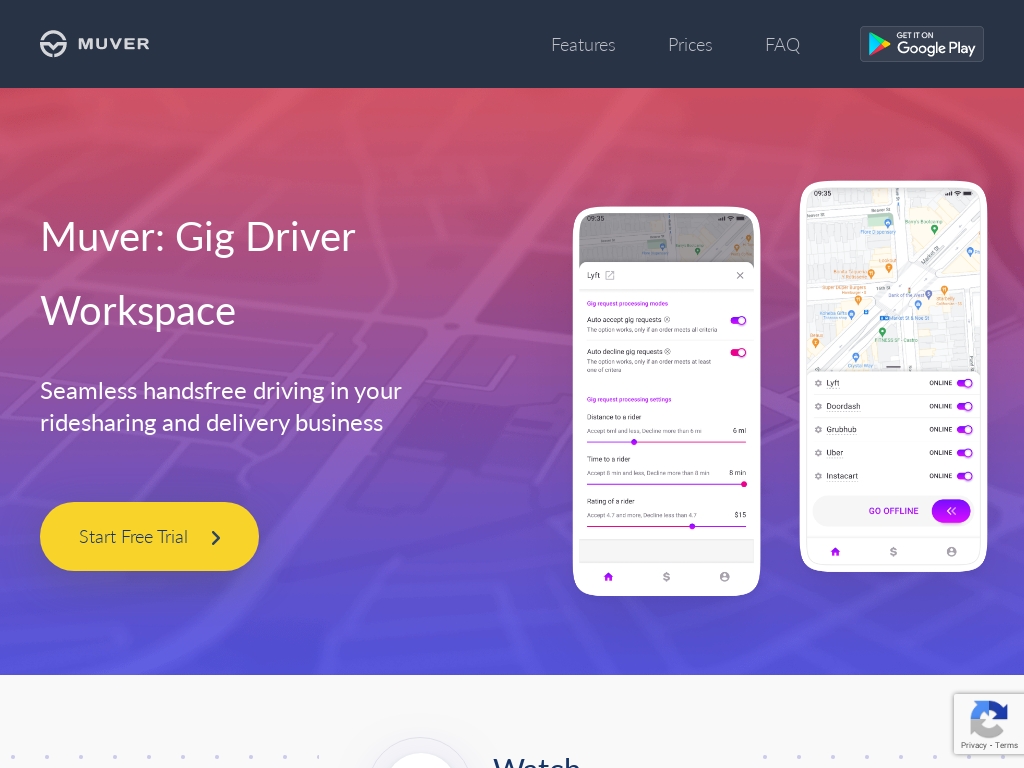
Outsourcing Marketplace Success Stories [2025]
The modern business landscape increasingly relies on specialized skills and flexibility. Enter the outsourcing marketplace. This business idea connects companies with freelancers and service providers globally, offering a platform where businesses can outsource various tasks—ranging from software development to customer service—efficiently.
The core concept is straightforward: Establish an online platform where companies post their requirements, and freelancers bid on projects. Think of it as a streamlined hub where supply meets demand. You ensure quality by vetting freelancers and providing secure payment mechanisms. This model addresses a critical need for businesses looking to scale efficiently without increasing overhead costs.
A well-executed outsourcing marketplace minimizes the hassle of recruiting full-time employees for short-term projects, offering a solution that is cost-effective and flexible. With the gig economy on the rise, starting an outsourcing marketplace situates you at the intersection of expanding freelance opportunities and businesses needing agile solutions.
In this list, you'll find real-world outsourcing marketplace success stories and very profitable examples of starting a outsourcing marketplace that makes money.
1. Muver ($300K/year)
Andrei Povaliaev, the co-founder of Muver, came up with the idea for the business after working as an Uber driver in Russia and realizing he could improve on the service. He sold his favorite BMW to invest in his own business for drivers, and within a few months, it became Uber's largest partner. Now, Muver is a successful app for gig workers, helping them earn more money by seamlessly multi-apping between various delivery and ride-sharing platforms.
How much money it makes: $300K/year
How much did it cost to start: $1.1M
How many people on the team: 10


Muver is a mobile app for gig workers allowing them to multi-app seamlessly between Uber, Uber Eats, Doordash, Grubhub, Lyft, Instacart, and more within a single app with over $270k revenue in the past 12 months.





Download the report and join our email newsletter packed with business ideas and money-making opportunities, backed by real-life case studies.

Download the report and join our email newsletter packed with business ideas and money-making opportunities, backed by real-life case studies.

Download the report and join our email newsletter packed with business ideas and money-making opportunities, backed by real-life case studies.

Download the report and join our email newsletter packed with business ideas and money-making opportunities, backed by real-life case studies.

Download the report and join our email newsletter packed with business ideas and money-making opportunities, backed by real-life case studies.

Download the report and join our email newsletter packed with business ideas and money-making opportunities, backed by real-life case studies.

Download the report and join our email newsletter packed with business ideas and money-making opportunities, backed by real-life case studies.

Download the report and join our email newsletter packed with business ideas and money-making opportunities, backed by real-life case studies.











